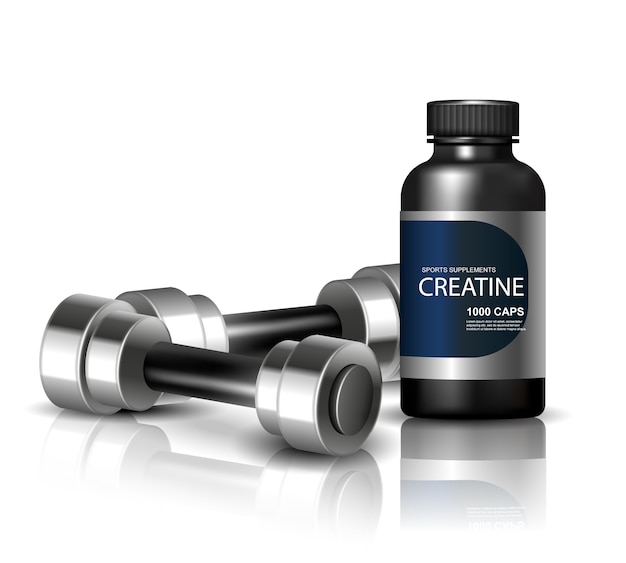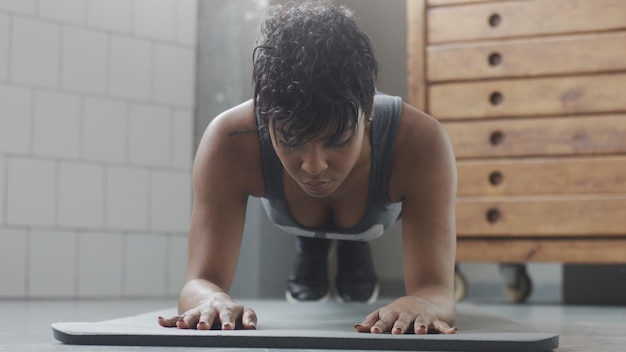Empower Your Body: A Beginner’s Guide to Women’s Health and Injury Prevention
Taking charge of your health is one of the most powerful things you can do—especially when it comes to preventing injuries. Women face unique physical and hormonal challenges that can influence mobility, strength, and recovery. Whether you're new to fitness, returning after a break, or simply aiming to stay healthy, understanding how to reduce injury risk is essential.
This guide offers practical tips, weekly targets, and safety reminders tailored to women’s health, helping you build a strong, resilient body at any age.
Why Injury Prevention Matters for Women
Women are more prone to certain types of injuries due to anatomical and physiological differences. For example, wider hips can affect knee alignment during movement, increasing the risk of ACL injuries. Hormonal fluctuations throughout the menstrual cycle can also impact joint laxity and muscle recovery.
Common injuries include strains, sprains, stress fractures, and overuse conditions—especially in the knees, hips, and lower back. The good news? Most of these can be prevented with the right approach.

Key Tips to Reduce Injury Risk
- Warm Up Properly: Always begin with 5–10 minutes of light cardio (e.g., brisk walking or dynamic stretches) to increase blood flow and prepare muscles.
- Focus on Form, Not Speed: Prioritize correct technique over intensity. Poor form is a leading cause of injury, especially during strength training.
- Strengthen Core and Glutes: A strong core and stable hips improve posture and reduce strain on the lower back and knees.
- Incorporate Flexibility Work: Stretch major muscle groups after workouts. Yoga or mobility sessions 2–3 times a week enhance joint range and reduce stiffness.
- Listen to Your Body: Pain is a signal. Distinguish between normal muscle fatigue and sharp or persistent pain that needs attention.
- Stay Hydrated and Nourished: Proper hydration and a balanced diet rich in calcium, vitamin D, and protein support bone and muscle health.
- Get Enough Rest: Muscles repair during sleep. Aim for 7–9 hours per night to support recovery and hormonal balance.
Weekly Targets for Injury Prevention
Consistency is key. Use these weekly goals to build a sustainable routine:
- Mobility & Stretching: 3 sessions (10–15 minutes each)
- Strength Training: 2–3 full-body sessions (focus on form and controlled movements)
- Cardiovascular Exercise: 150 minutes of moderate activity (e.g., walking, cycling, swimming)
- Rest Days: At least 1–2 full rest days or active recovery (light walking, stretching)
- Hydration: Drink at least 8–10 cups of water daily, more if active

Safety Reminders Every Woman Should Know
- Wear Supportive Footwear: Choose shoes that match your activity and foot type. Replace them every 300–500 miles of use.
- Avoid Overtraining: Gradually increase intensity. Sudden spikes in activity raise injury risk.
- Modify During Menstrual Cycle: Some women feel more fatigued or less stable during certain phases. Adjust workouts accordingly—opt for lower impact if needed.
- Use Proper Equipment: Ensure machines, weights, or fitness apps are used correctly. When in doubt, seek guidance from certified trainers.
- Check In With Your Health: Regular wellness check-ups can identify underlying conditions (e.g., osteoporosis, hormonal imbalances) that affect injury risk.
Simple Daily Habits for Long-Term Health
Injury prevention isn’t just about workouts—it’s a lifestyle. Small daily choices add up:
- Take short movement breaks if you sit for long periods.
- Practice mindful breathing to reduce stress, which can tighten muscles.
- Use ergonomic setups at work to prevent neck and back strain.
- Track your cycle and note how energy and strength vary—this helps tailor your routine.
By aligning your fitness habits with your body’s natural rhythms and needs, you’ll not only reduce injury risk but also enhance overall well-being.
Final Thoughts
Women’s health is dynamic, and so should be your approach to fitness. Start slow, stay consistent, and prioritize safety over speed. With the right knowledge and habits, you can build strength, confidence, and resilience for life.
Remember: Every small step counts. Your body is worth the care.

















